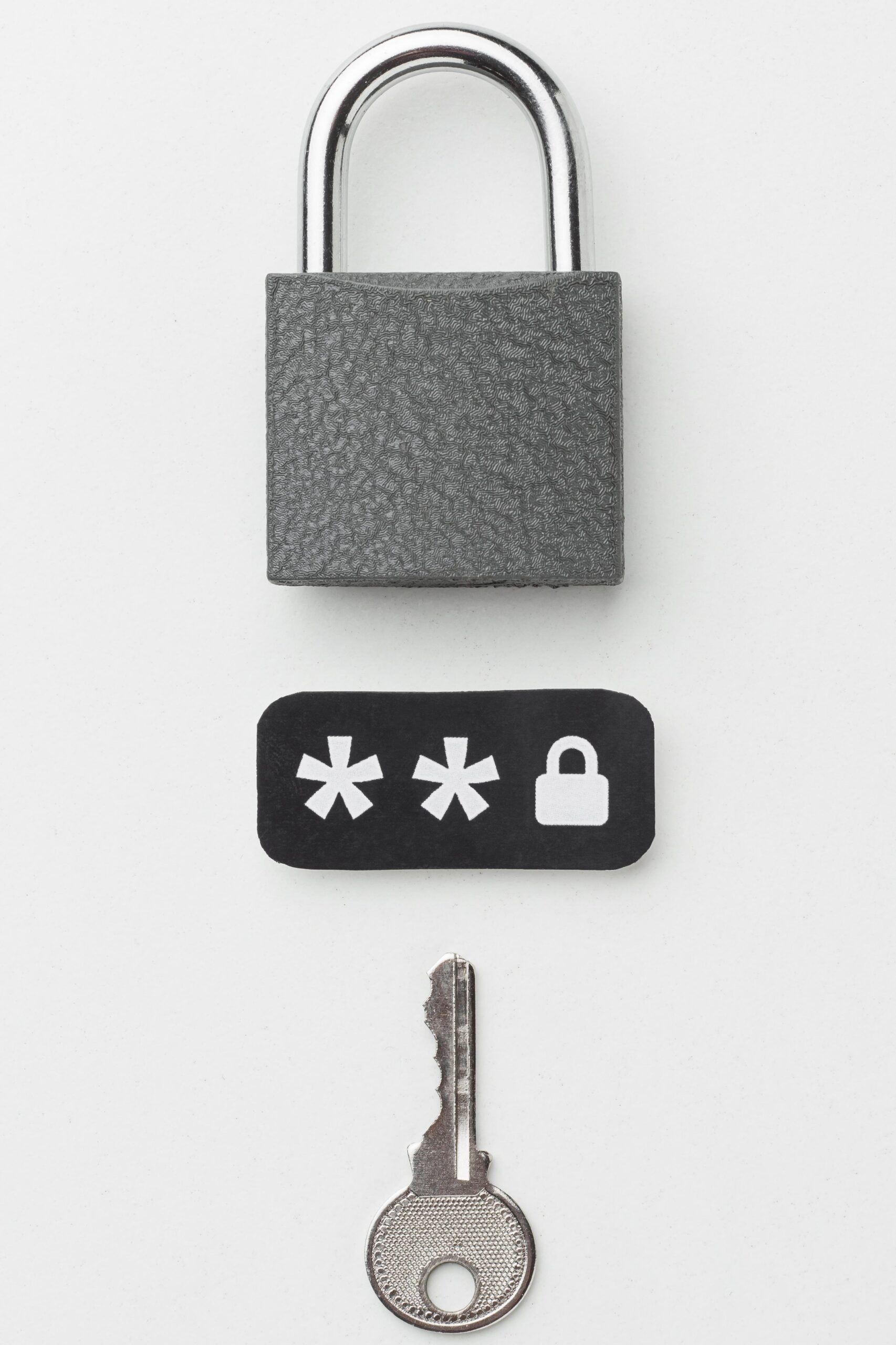








Navigating the concert ticket sales landscape comes with its unique challenges. Efficient and secure payment processing options are essential for vendors, resellers, and brokers to thrive.
Why consider Payment Funnels?
● Specialized Solutions: Tailored for high-risk industries, including concert ticket sales.
● Fraud Protection: Advanced tools like real-time monitoring and chargeback management.
● Transparent Pricing: Clear fee structures without hidden surprises.
Choosing the right payment processor can enhance consumer trust and streamline transactions. With the growth of the concert ticket market, having a reliable partner like Payment Funnels is crucial.
Merchants seeking robust solutions should explore how Payment Funnels can support their business needs. The focus on secure transactions ensures that your customers feel confident every time they purchase a ticket.
Embrace effective payment processing options today to elevate your concert ticket business to new heights!
Get quick answers to our most frequently asked questions.

Payment processing is crucial in the concert ticket sales market as it facilitates secure transactions, ensuring that vendors, resellers, and brokers can efficiently sell tickets while maintaining consumer trust. Efficient payment options are essential for success in this competitive industry.
Concert ticket purchases typically offer various payment options, including credit cards and digital wallets. These options cater to consumer preferences and enhance the overall buying experience.
Concert ticket merchants face significant challenges from bots that automate ticket purchases, leading to reduced availability for genuine consumers. Legislative efforts like the BOTS Act aim to combat scalping practices, but merchants must also implement strategies to protect against these issues.
Non-transferable tickets are designed to prevent resale and ensure that tickets are used by the original purchaser. However, this can create challenges for consumers who may need to transfer their tickets due to unforeseen circumstances or changes in plans.
Fee transparency is vital as it builds consumer trust. Hidden fees can lead to dissatisfaction and deter potential buyers. By openly communicating average service fees and ensuring clear pricing strategies, merchants can enhance consumer confidence.
High-risk concert merchants must navigate unique challenges in securing merchant accounts. They should consider specialized high-risk payment processors that offer features like chargeback management and fraud prevention tools to mitigate risks associated with their business model.
